
SCARS Institute’s Encyclopedia of Scams™ Published Continuously for 25 Years

Chinese & Southeast Asia (Cambodian) Partners Are Taking Cybercrime To An Industrial Level
Prior to the pandemic, global transnational cybercrime was actually in decline. There were fewer victims in 2019 than in 2018 or 2017. SCARS Analytics showed a reduction of about40% per year for those 3 years. But with the pandemic, scams immediately increased by 2,000% or more. Then it doubled again from 2020 to 2021 with the introduction and explosion of Pig Butchering scams – mostly coming from Southeast Asia.
This story is the full background on what is really happening on the ground, its massive scale, and its organization. Also, what makes it more unique is that it also depends on a captive workforce of individuals that are trafficked and held captive by these organizations. While African scammers are organized and have formed large cartels, their workforce is all voluntary, but in Southeast Asia, they are being run by much older criminal organizations out of China (mostly) that are much more comfortable taking what they want and trafficking in people to get it.
The Story
The following is an edited reprint from Brisbane Time presented in the Public Interest. We thank the authors and publishers for their exceptional work!
We are presenting this to help the millions of scam victims that we serve and support to better understand this new direction in transnational online crime and how significant this is.
The online scammer targeting you could be trapped in a South-East Asian fraud factory
By Lindsey Kennedy and Nathan Paul Southern // August 21, 2022 // Brisbane Time (copyright acknowledged)
Every year, Australians of all ages and backgrounds are scammed out of billions of dollars, with fraudsters developing more sophisticated and persuasive tactics all the time. But the financial and emotional devastation wreaked on victims of scams only tells half the story. All across South-East Asia, heavily guarded, sinister compounds have sprung up to house these industrial-scale scam operations – and to trap people forced to work for them in terrifying conditions.
“The thing is, people on both ends are victims. The people who are forced to come in and do this, they’re being trafficked in, and then they’re forced to meet targets with respect to their victims,” explains Jason Tower, Myanmar country director at the United States Institute of Peace, who has conducted research into the rise of online scam centres and human trafficking rings across the region and the implications for regional security.
In Australia, these targets set by scam organisations around the world are reflected in record numbers of people being defrauded of their money. A report by the Australian Competition and Consumer Commission (ACCC) in July found that well over $2 billion was lost to scammers in 2021, including at least $701 million reported to have been stolen on investment scams and $142 million to “romance scams” – where a scammer using fake social media profiles strikes up a relationship with a stranger, eventually persuading them to either transfer money directly or “invest” it in a fake trading or crypto site before disappearing along with the funds.
While people aged over 65 lost the most money to scammers (and were the least likely to report it) significant numbers of Australians of all ages fell prey to scams, with people aged 18-34 reporting $53 million worth of losses to Scamwatch. The report also found that more and more scammers demand payment in cryptocurrency, with a 216 per cent increase in this payment method in one year.
While it’s impossible for most victims to trace the precise locations of the scam operations that took their money, these findings certainly correlate with the methods known to be used by criminal groups in Cambodia, Myanmar and Laos over the past few years.
South-East Asia-based scams proliferated during the pandemic, especially in casino towns emptied out by the lack of international tourists – especially Chinese tourists, who are still largely unable to travel. Many of these towns were already notorious for out-of-control organised crime activity and money laundering long before the COVID-19 outbreak, but faced with a sudden collapse in their usual income streams, Chinese gangsters running casinos in Cambodia, Laos and Myanmar shifted operations online, using fraudulent betting sites to squeeze even more money out of online gamblers and branching out into a range of other internet-based scams.
Documents shared with The Sun-Herald and The Sunday Age by a cybersecurity researcher at Vietnam’s National Computer Security Centre, known by his “ethical hacker” name Hieupc, who managed to gain access to information and back-end systems used by scam centres in Cambodia, show how these criminal organisations operate.
Space within each scam complex is divided between different criminal outfits, with teams of people from various countries, such as Vietnam or China, located on different floors, given a script and tasked with scamming people who speak the same language. Depending on the scam, this might involve persuading people to play online casino games (which never cash out), or using chat apps to lure people into high-yield digital investment platforms, many of which are essentially pyramid schemes. Every few months, the websites or apps used for the scam are shut down and the criminal group switches to a new one with a different name and design – but which functions in the same way. Scammers find victims through social media or by paying YouTubers to advertise their platforms, Hieupc says, and each small company has racked up millions of dollars.
While some people working at these scam centres choose to defraud strangers for a living, crime bosses have found it too difficult to source enough workers willing to run their scams, and have increasingly resorted to tricking people with fraudulent job ads – or even kidnapping them off the street. In South-East Asia’s sprawling compounds, many are now trapped in modern slavery conditions – and subject to horrific treatment if they try to leave.
“With billions of dollars in revenue and protected havens in SEA, these ‘fraud factories’ has spawned a secondary industry of human trafficking to feed their labour-intensive criminal enterprises, resulting in large-scale torture, rape, and other abuses,” says Santiago.
Hieupc’s findings tell the same story. The Chinese and Taiwanese scam bosses running these operations are “dangerous and evil”, he says. They exploit naive people looking for a legal job, keep them captive inside the compounds, force them to work every day from 8am to 11pm, and beat or threaten them if they don’t make enough money. Trying to get out is incredibly dangerous, too. Last year, a 25-year-old Vietnamese man who had been secretly helping Hiepc to hack into a management system and shut down scam operations from the inside managed to escape by jumping from a window, but broke his leg in the process. In January 2021, a group of Vietnamese trafficking victims tried to break out of a compound in Sihanoukville, Cambodia – but while some told Hieupc they had managed to escape, it “turned out like a war with blood and violence”, he says, with several trafficking victims killed and others recaptured by the scam companies.
Some experts estimate that thousands of people are being held against their will and forced to work as scammers in Cambodia. However, our visits to some of the massive, sprawling sites known to be used for online scams in Cambodia and Laos indicated that these numbers may be the tip of the iceberg. In remote, heavily guarded compounds like the Golden Triangle Special Economic Zone (GTSEZ) in Laos – a casino enclave nicknamed Kings Romans – we were shown row after row of newly constructed tower blocks surrounded by barbed wire, which locals and survivors say function as dorms for scammers. Clothing hanging from every window suggested these buildings were fully occupied – meaning the number of people kept in modern slavery conditions in just this one site could stretch into tens of thousands.
Meanwhile, stories of similar, giant scam operations have emerged from mega-casino towns recently carved out of the jungle in Myanmar. In Cambodia alone, media reports and accounts from survivors, rescuers and Thai authorities suggest that workers are crammed into repurposed casino-hotels, sprawling dormitory buildings and isolated office blocks throughout the country, including gambling hubs in Sihanoukville, on the coast; Thai and Vietnamese border towns like Poipet and Bavet; and new hubs, like the sleepy tourist town of Kampot, which are being identified all the time. Given the scale of these sites, there are likely hundreds of thousands of people being forced to work in scam centres – and that means potentially millions more people targeted by financial scams in Australia and around the world.
“Malicious cyber activity against Australians is increasing in frequency, scale and impact,” said a spokesperson for the Australian Federal Police in Cambodia, adding that the AFP was working proactively with Cambodian law enforcement to tackle transnational crime such as cybercrime. The AFP was increasingly seeing the use of the internet and digital platforms to recruit and exploit trafficking victims, he said, while scam groups launder their profits online through cryptocurrencies, “which makes it easier for traffickers to receive, hide and move large amounts of money with less risk of being detected.”
However, it seems local police and government officials are too scared – or unwilling – to shut these operations down.
Owners of these casino-hotels and compounds tend to be extremely well-connected. Take KB Hotel in Sihanoukville, where survivors say they were trafficked and sold to online scam companies. Director Chen Al Len is a business associate of the prime minister’s nephew Hun To, with whom he is listed as a co-director of three companies: Heng He (Cambodia) Commercial Bank, registered in Phnom Penh, and Heng He Ju Long Town Real Estate and Heng Zuan Yule (Ju Long Town), both close to Bavet. Chen Al Len is also reported to be a co-owner of Heng He Casino in Bavet, inside which a newly arrived worker was found hanged inside in June. However, Hun To, who divides his time between Cambodia and Melbourne, does not not have a direct stake in either KB or Heng He Casino.
Some Cambodian police reportedly insist that because workers have signed contracts (albeit to commit crimes) the bosses aren’t holding them captive, they just “do not allow them to leave” – or even that companies whose workers owe them money or time left on these contracts have the right to detain them. The Interior Minister also downplayed a recent rescue operation as settling a “labour dispute”.
Other governments have tried to intervene without much success. In April, Thai police conducted raids on a string of locations in the Cambodian capital, Phnom Penh, and Sihanoukville, accompanied by local police. The Thai authorities were hoping to rescue up to 3000 Thais believed to have been tricked into working for scam operators and held against their will. They managed just 66 – not least, according to the Thai police’s own statement, because of local corruption and resistance on the Cambodian side. At one gated building in Sihanoukville, rather than the Cambodian police demanding entry on their behalf, the Thais had to spend eight hours negotiating with the Chinese owners before paying $1 500 to be allowed in and retrieve just 24 workers trapped inside.
Some countries that have been targeted heavily both by traffickers and scammers have made efforts to educate people back home on the risks. In Thailand, the Golden Triangle ferry crossing to Laos – a common route for young people tricked into working for scam rings based out of Lao casino towns – is papered with posters warning people not to fall for fake job ads. China has also stepped up public education efforts to prevent scam operators targeting its own people – but one outcome of this has been that Chinese scammers have shifted focus to other countries, including in the West. And to target English speakers, they need to get hold of workers who can speak English, too.
“A combination of China’s draconian COVID restrictions and the Chinese government’s public education on this have made it much more difficult for these criminals to traffic Chinese nationals into these scam and fraud zones overseas.” says Tower. “As a result, the criminals are now really going global – targeting victims across the region and beyond.”
These efforts can only succeed if people targeted by scams are willing to come forward and explain what has happened to them – and according to Scamwatch, only 13 per cent of Australian victims ever report it. Without this intelligence, moving forward to protect other victims of scams and of human trafficking becomes a near-impossible task. For anyone caught out by scam companies, it’s vital to appreciate that this is not a something to be ashamed about – these are sophisticated, multi-million-dollar operations that specialise in manipulating people all around the world – and for the person forced to run the scam, the nightmare could be far worse.
Related Stories & More Information
- Source Article: The Laos fraud factory trapping the online scammer targeting you online (brisbanetimes.com.au)
- Scamwatch
- FEATURE-Chinese scammers enslave jobless teachers and tourists in Cambodia | Reuters
- Notorious (theaseanpost.com)
- Organised crime activity (globalinitiative.net)
- Money laundering (treasury.gov)
- Inside Southeast Asia’s Casino Scam Archipelago – The Diplomat
- Meet Cambodia’s cyber slaves | Longform | Al Jazeera
- Inside Southeast Asia’s Casino Scam Archipelago – The Diplomat
- Victims Allege Sihanoukville Precincts With Ties to Major Businesses Are Sites of Scams, Torture, Detention (vodenglish.news)
- Death at Casino, 22 Indonesians Rescued in Bavet (vodenglish.news)
- Cambodian regime figures splash millions on Melbourne properties as death threats escalate – ABC News
- A Friend’s Journey Attempting Rescue From Alleged Slave Compound (vodenglish.news)
- Death at Casino, 22 Indonesians Rescued in Bavet (vodenglish.news)
- ‘How to Help Them?’ Volunteer Stonewalled in Scam Worker Rescues (vodenglish.news)
- Thai Police Visit Concludes With 66 Rescued, Other Victims Moved (vodenglish.news)
- China Issues Warning of Cambodia Scams, as ‘Blood Slave’ Deported (vodenglish.news)
-/ 30 /-
What do you think about this?
Please share your thoughts in a comment below!
LEAVE A COMMENT?
Recent Comments
On Other Articles
- Arwyn Lautenschlager on Love Bombing And How Romance Scam Victims Are Forced To Feel: “I was love bombed to the point that I would do just about anything for the scammer(s). I was told…” Feb 11, 14:24
- on Dani Daniels (Kira Lee Orsag): Another Scammer’s Favorite: “You provide a valuable service! I wish more people knew about it!” Feb 10, 15:05
- on Danielle Delaunay/Danielle Genevieve – Stolen Identity/Stolen Photos – Impersonation Victim UPDATED 2024: “We highly recommend that you simply turn away form the scam and scammers, and focus on the development of a…” Feb 4, 19:47
- on The Art Of Deception: The Fundamental Principals Of Successful Deceptions – 2024: “I experienced many of the deceptive tactics that romance scammers use. I was told various stories of hardship and why…” Feb 4, 15:27
- on Danielle Delaunay/Danielle Genevieve – Stolen Identity/Stolen Photos – Impersonation Victim UPDATED 2024: “Yes, I’m in that exact situation also. “Danielle” has seriously scammed me for 3 years now. “She” (he) doesn’t know…” Feb 4, 14:58
- on An Essay on Justice and Money Recovery – 2026: “you are so right I accidentally clicked on online justice I signed an agreement for 12k upfront but cd only…” Feb 3, 08:16
- on The SCARS Institute Top 50 Celebrity Impersonation Scams – 2025: “Quora has had visits from scammers pretending to be Keanu Reeves and Paul McCartney in 2025 and 2026.” Jan 27, 17:45
- on Scam Victims Should Limit Their Exposure To Scam News & Scammer Photos: “I used to look at scammers photos all the time; however, I don’t feel the need to do it anymore.…” Jan 26, 23:19
- on After A Scam, No One Can Tell You How You Will React: “This article was very informative, my scams happened 5 years ago; however, l do remember several of those emotions and/or…” Jan 23, 17:17
- on Situational Awareness and How Trauma Makes Scam Victims Less Safe – 2024: “I need to be more observant and I am practicing situational awareness. I’m saving this article to remind me of…” Jan 21, 22:55
ARTICLE META
Important Information for New Scam Victims
- Please visit www.ScamVictimsSupport.org – a SCARS Website for New Scam Victims & Sextortion Victims
- Enroll in FREE SCARS Scam Survivor’s School now at www.SCARSeducation.org
- Please visit www.ScamPsychology.org – to more fully understand the psychological concepts involved in scams and scam victim recovery
If you are looking for local trauma counselors please visit counseling.AgainstScams.org or join SCARS for our counseling/therapy benefit: membership.AgainstScams.org
If you need to speak with someone now, you can dial 988 or find phone numbers for crisis hotlines all around the world here: www.opencounseling.com/suicide-hotlines
A Note About Labeling!
We often use the term ‘scam victim’ in our articles, but this is a convenience to help those searching for information in search engines like Google. It is just a convenience and has no deeper meaning. If you have come through such an experience, YOU are a Survivor! It was not your fault. You are not alone! Axios!
A Question of Trust
At the SCARS Institute, we invite you to do your own research on the topics we speak about and publish, Our team investigates the subject being discussed, especially when it comes to understanding the scam victims-survivors experience. You can do Google searches but in many cases, you will have to wade through scientific papers and studies. However, remember that biases and perspectives matter and influence the outcome. Regardless, we encourage you to explore these topics as thoroughly as you can for your own awareness.
Statement About Victim Blaming
SCARS Institute articles examine different aspects of the scam victim experience, as well as those who may have been secondary victims. This work focuses on understanding victimization through the science of victimology, including common psychological and behavioral responses. The purpose is to help victims and survivors understand why these crimes occurred, reduce shame and self-blame, strengthen recovery programs and victim opportunities, and lower the risk of future victimization.
At times, these discussions may sound uncomfortable, overwhelming, or may be mistaken for blame. They are not. Scam victims are never blamed. Our goal is to explain the mechanisms of deception and the human responses that scammers exploit, and the processes that occur after the scam ends, so victims can better understand what happened to them and why it felt convincing at the time, and what the path looks like going forward.
Articles that address the psychology, neurology, physiology, and other characteristics of scams and the victim experience recognize that all people share cognitive and emotional traits that can be manipulated under the right conditions. These characteristics are not flaws. They are normal human functions that criminals deliberately exploit. Victims typically have little awareness of these mechanisms while a scam is unfolding and a very limited ability to control them. Awareness often comes only after the harm has occurred.
By explaining these processes, these articles help victims make sense of their experiences, understand common post-scam reactions, and identify ways to protect themselves moving forward. This knowledge supports recovery by replacing confusion and self-blame with clarity, context, and self-compassion.
Additional educational material on these topics is available at ScamPsychology.org – ScamsNOW.com and other SCARS Institute websites.
Psychology Disclaimer:
All articles about psychology and the human brain on this website are for information & education only
The information provided in this article is intended for educational and self-help purposes only and should not be construed as a substitute for professional therapy or counseling.
While any self-help techniques outlined herein may be beneficial for scam victims seeking to recover from their experience and move towards recovery, it is important to consult with a qualified mental health professional before initiating any course of action. Each individual’s experience and needs are unique, and what works for one person may not be suitable for another.
Additionally, any approach may not be appropriate for individuals with certain pre-existing mental health conditions or trauma histories. It is advisable to seek guidance from a licensed therapist or counselor who can provide personalized support, guidance, and treatment tailored to your specific needs.
If you are experiencing significant distress or emotional difficulties related to a scam or other traumatic event, please consult your doctor or mental health provider for appropriate care and support.
Also read our SCARS Institute Statement about Professional Care for Scam Victims – click here to go to our ScamsNOW.com website.


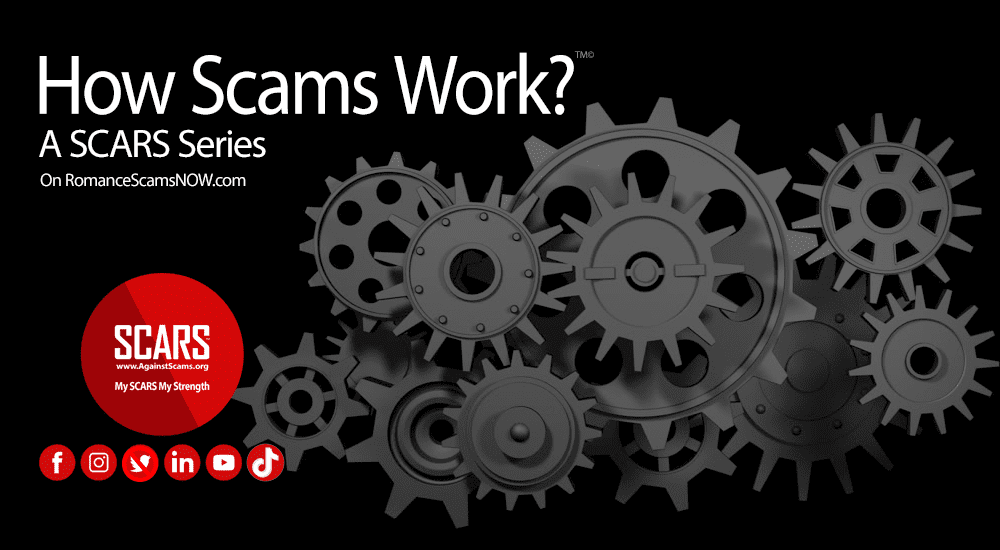
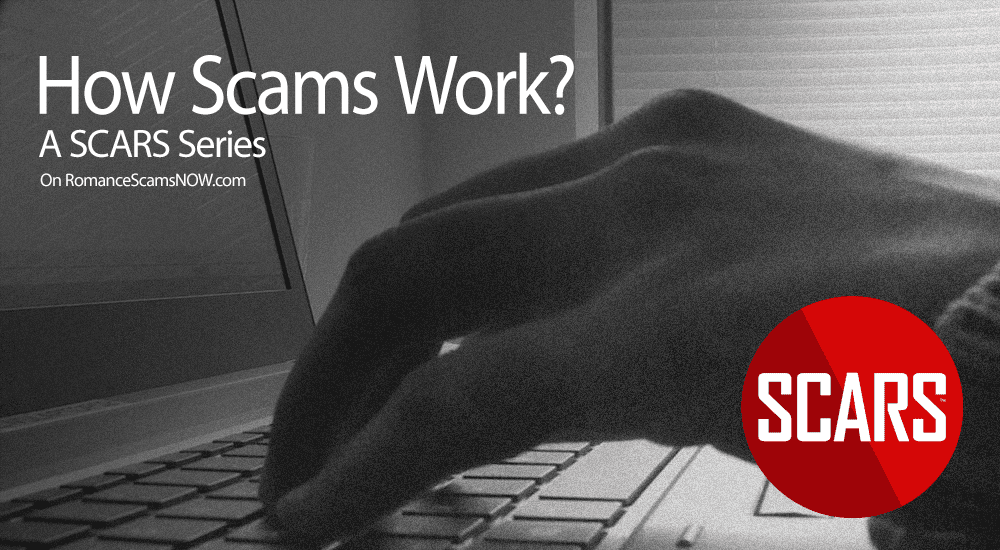


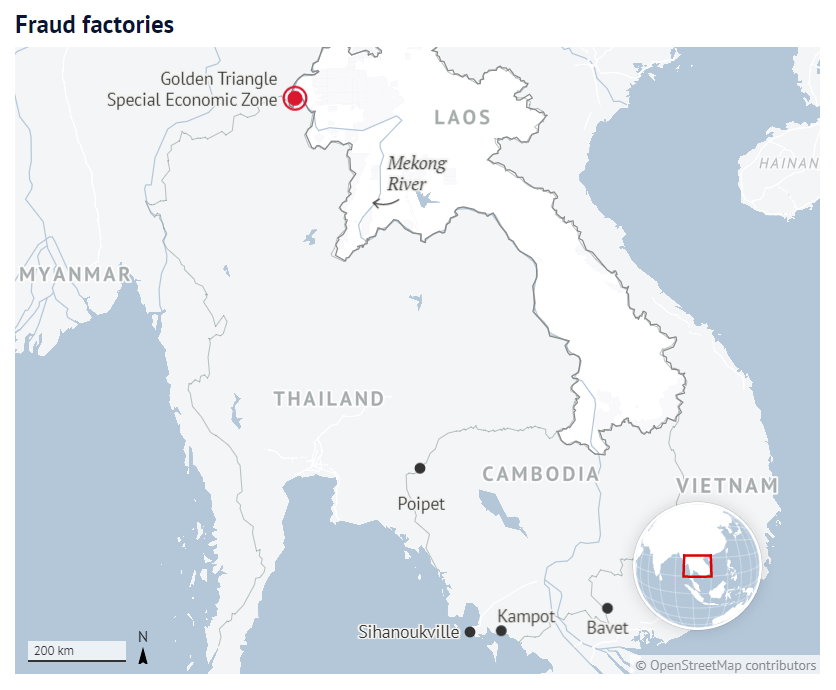


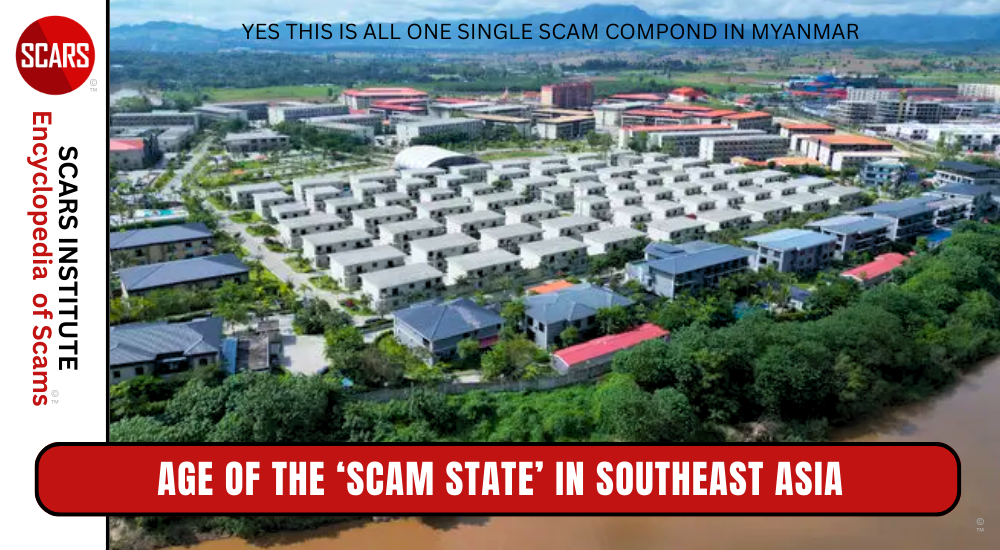

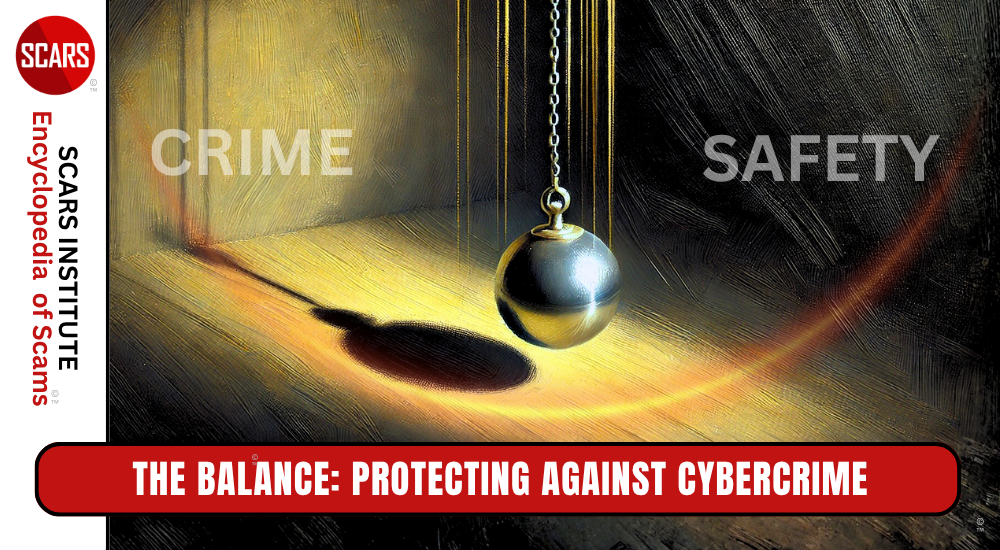
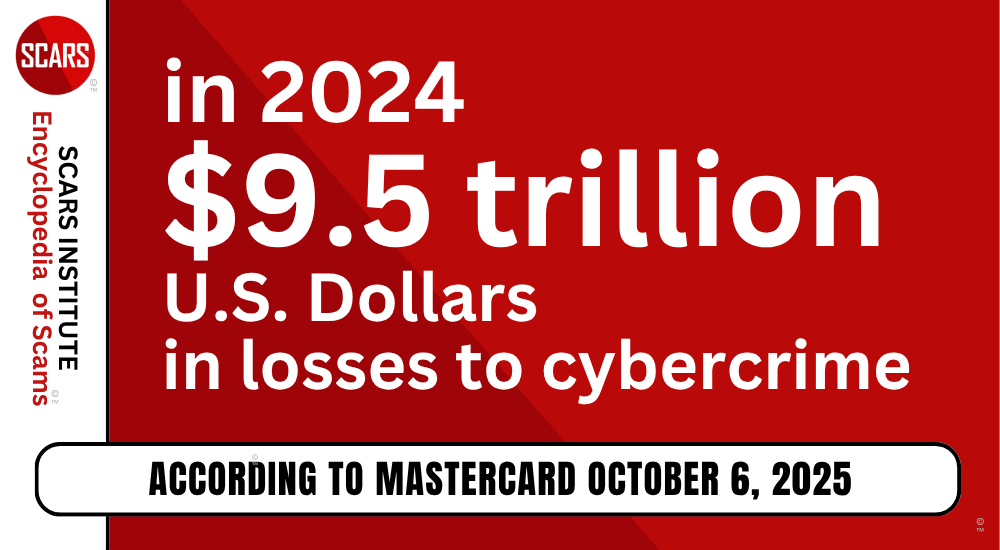




Thank you for your comment. You may receive an email to follow up. We never share your data with marketers.